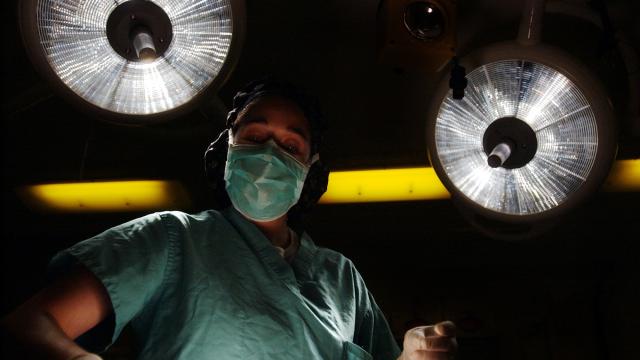Instagram’s not just for checking up on your ex or indulging your love of small, strange dogs. The visually driven social media network is also a way of browsing services: hairdressers, tattoo artists, and – it’s a bit of a leap but it also makes sense – plastic surgeons.
In 2017, researchers for the Aesthetic Surgery Journal wanted to see what plastic surgery content was being posted to Instagram, and by whom and under what hashtags. They searched 21 plastic surgery – related hashtags – including technical terms like #breastaugmentation as well as colloquialisms like #boobjob – and catalogued the top posts. (When you search a hashtag on Instagram, you get a nine-post grid of “top posts” above the main, chronological results.)
After winnowing out a few irrelevant posts, that left 163 photos and videos to assess. 42 per cent were by foreign practitioners, 26 per cent by physicians who aren’t board-certified in plastic surgery, and 5 per cent by non-doctors – dentists, spas, and a hair salon.
It’s that 26 per cent, physicians who are not board-certified in plastic surgery but who advertise and perform cosmetic procedures, that should give potential patients pause. Certified plastic surgeons warn that surgeons who aren’t board-certified in plastic surgery have worse results, in terms of aesthetics and safety.
That being said, by focusing on the “top posts” results, this study constrained itself to posts that attract high views, likes, and comments, and the results are just one day’s — one search’s! — top posts. Hardly a representative sample.
A similarly constrained survey — my own, just now — shows that Russian and Turkish posts dominate some of these hashtags. There are spas and dentists and models, too, capitalising on search traffic. There are also some alarmingly compelling time-lapse videos from a board-certified plastic surgeon in New York:
Back to CNN’s headline — duh. Just because someone posts with the hashtag #plasticsurgeon doesn’t mean they are one. Patients should do thorough research before signing up for a surgical procedure. Of course! But that’s not really what this study was saying. Its audience was surgeons, not patients, and its goal was to point out a communications gap that accredited plastic surgeons can fill.
The Takeaway: Exploring Instagram is a valid, but hardly comprehensive, way of researching plastic surgery procedures and practitioners.

Comments